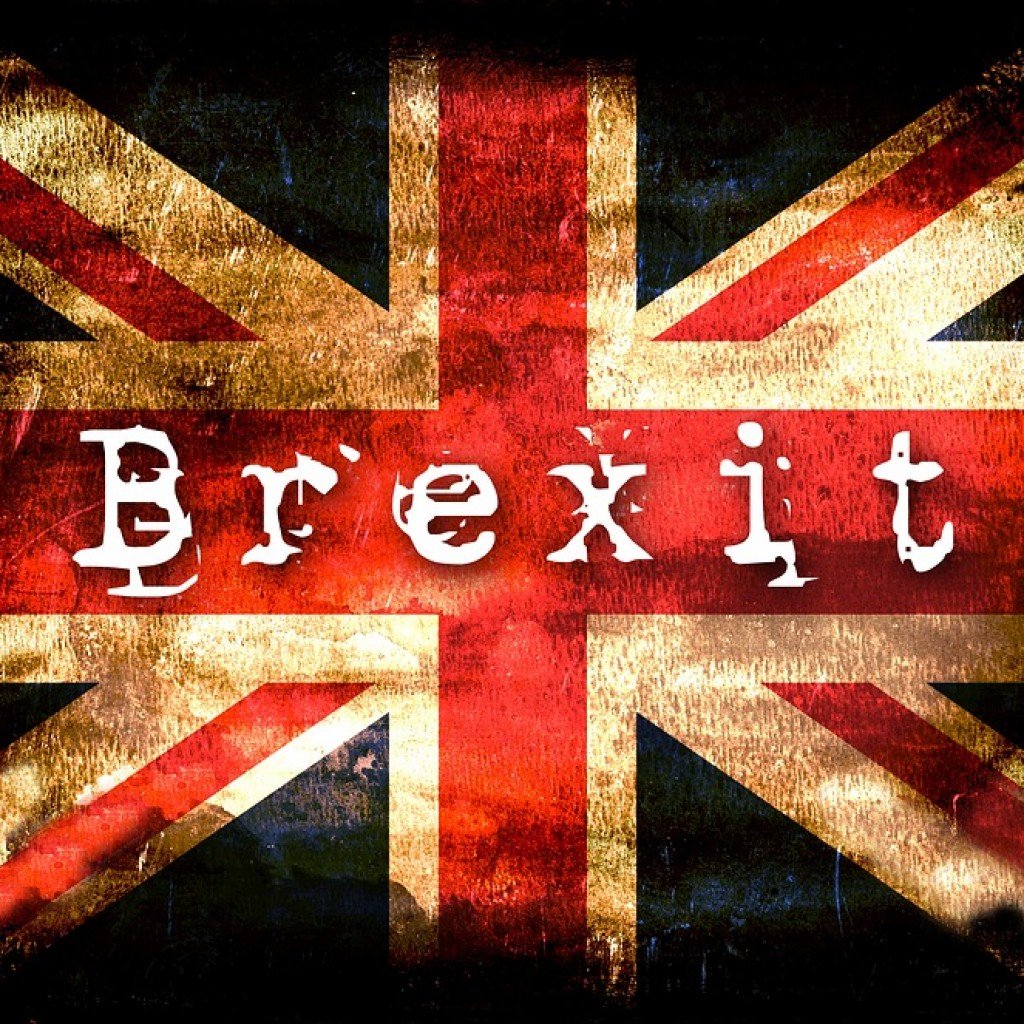 With ‘Brussels bureaucracy’ often held up as a reason for voting for Brexit, what will the impact of the UK’s exit from the EU be on health and safety in the UK? Simon Olliff assesses.
With ‘Brussels bureaucracy’ often held up as a reason for voting for Brexit, what will the impact of the UK’s exit from the EU be on health and safety in the UK? Simon Olliff assesses.
During a speech in July this year, vice president of the United States Mike Pence called Donald Trump’s red tape cutting policies historic, “saving businesses and families up to $18 billion in red tape costs every year.”[1]
As part of the list of federal rules it planned to weaken or eliminate, health and safety legislation has been targeted.
Previous rules designed to make manual labour safer have been eliminated, with the Department of Labour delaying enforcement of beryllium exposure and crystalline silica regulations. In addition, it suspended rules requiring companies with 10 employees or more to electronically report injuries on the job, and for that data to be reported publically. [2] Such regulations exist to protect individuals, preventing illness and injury.
Removing red tape
But for many UK citizens, the hope of removing red tape was a central reason for voting Brexit. Dissatisfaction with EU principles is not uncommon, with David Cameron’s government previously calling the Working Time Directive “unnecessary EU regulation”[3]. With Brexit just around the corner, could we start seeing reduced health and safety legislation in the UK?
Brexit brings with it uncertainty and challenges for all UK industries. We are not clear on how easy or difficult it will be to negotiate trade deals with countries worldwide. The future of UK worker protection legislation is dependant on the economic and political landscape. If there is a need to deregulate to prove the UK as a viable trade partner, health and safety regulations could be at risk. If our economy struggles within the Brexit processes, these regulations may fall further down in the list of priorities.
Norway model
The Norway model may be replicated in the UK, requiring the UK to be subject to EU rules and costs but without having a say in regulations. Relations between Switzerland and the European Union are framed by a series of bilateral treaties of various EU law provisions. Or, the UK could have a completely clean break, leaving the EU and its policies altogether.
It’s important that when Brexit negotiations are underway and Britain chooses its path, those at the centre of discussions do not forget the positive way EU regulation has impacted UK health and safety policy and improved thousands of lives as a result. Think tank Open Europe calculated that two-thirds of UK OSH-related regulations introduced between 1997 and 2009 originated in the EU. [4]
The UK has long been considered the ‘gold standard’ of health and safety systems and has helped the UK and EU to largely work side by side in implementing legislation. Legislation including the Control of Asbestos Regulations 2012 would not have been introduced in the UK if it wasn’t for EU influence.
EU support
When the Brexit vote was cast, key health and safety organisations came out in their support of the European Union. The Institution of Occupational Safety and Health’s Richard Jones responded to the leave vote saying it was “vital the UK continues to apply successful risk based health and safety systems, including laws from EU directives, it’s been found fit for purpose by several independent reviews and is respected and imitated across the world.”[5]
The British Safety Industry Federation’s CEO Alan Murray has also spoke out in support of the legislation driven by the Union, stating that it makes sense for the UK to stay inline with EU guidance as we have had so much say in it forming in the first place.
The EU’s 2014-2020 Occupational Safety and Health Strategic Framework is certainly in line with UK challenges. The major issues acknowledged included improving implementation of existing health and safety rules, enhancing capability to put in place effective and efficient risk prevention, improving prevention of work- related diseases by tackling new, emerging risks without neglecting existing ones, and taking into account the EU’s ageing workforce.
With Brexit may come more UK driven control over OSH laws, though it is unlikely we will turn our back on EU legislation altogether. There seems no need to. The negotiating process will take at least two years and during this time, there are likely to be other central points that take up much of the debate, including immigration and natural security.
Even if health and safety becomes a pressing focus, why turn our backs on years of progression and do anything to damage the UK’s position as a leading health and safety nation?

Simon Olliff is managing director of Banyard Solutions
[1] http://www.politifact.com/truth-o-meter/statements/2017/jul/21/mike-pence/did-donald-trump-cut-18-billion-worth-red-tape-mik/
[2] https://qz.com/1072054/dismantling-the-rules-that-protect-americans-a-guide-to-the-trump-administrations-destruction-from-within/
[3] http://www.independent.co.uk/news/uk/politics/david-cameron-trying-to-exempt-uk-from-eu-laws-on-working-hours-and-agency-staff-reports-10382279.html
[4] https://www.qcompliance.co.uk/will-happen-osh-regulation-now-eu/
[5] https://www.ioshmagazine.com/article/iosh-uk-health-and-safety-system-must-remain-post-brexit
The Safety Conversation Podcast: Listen now!
The Safety Conversation with SHP (previously the Safety and Health Podcast) aims to bring you the latest news, insights and legislation updates in the form of interviews, discussions and panel debates from leading figures within the profession.
Find us on Apple Podcasts, Spotify and Google Podcasts, subscribe and join the conversation today!



